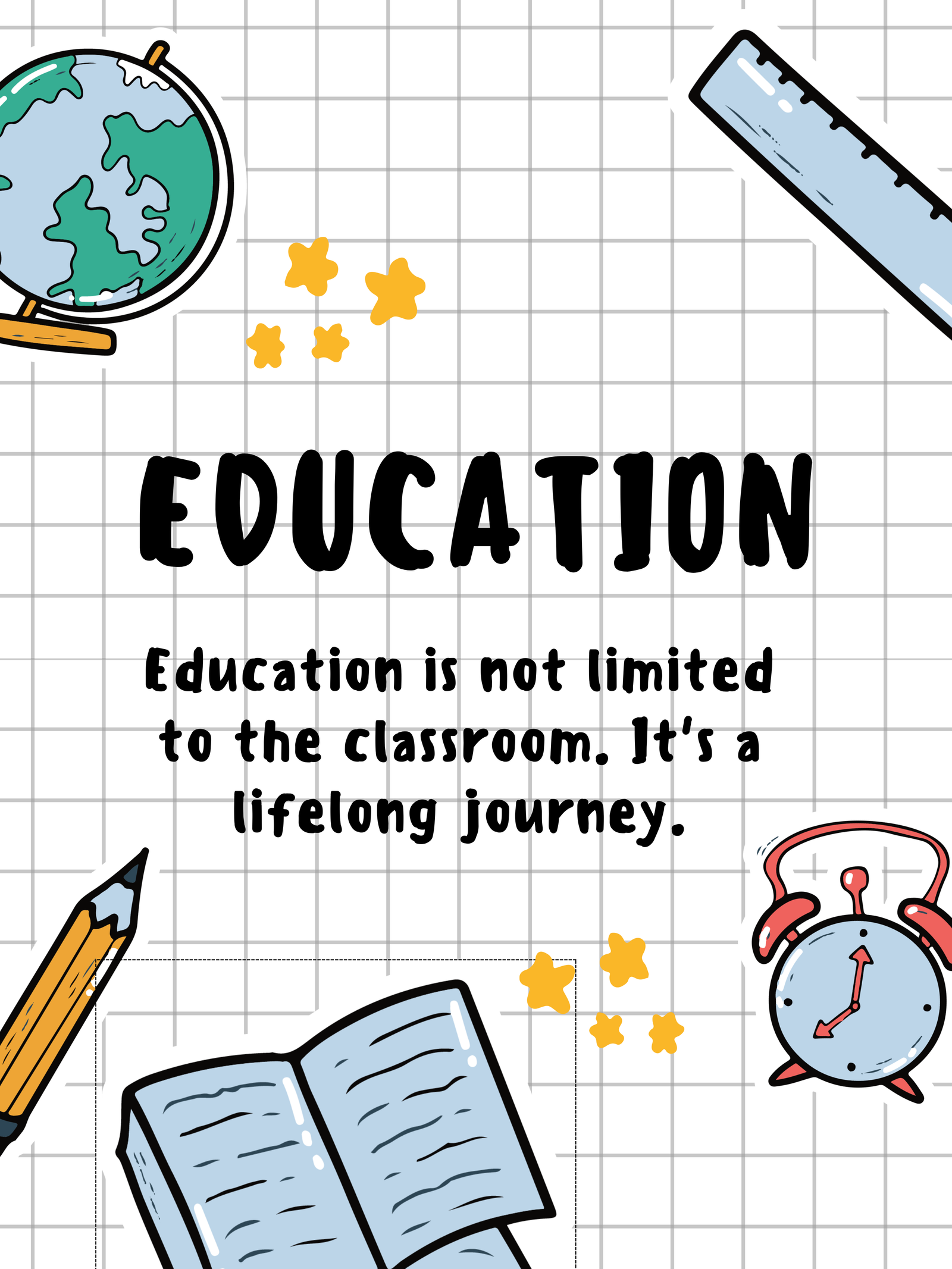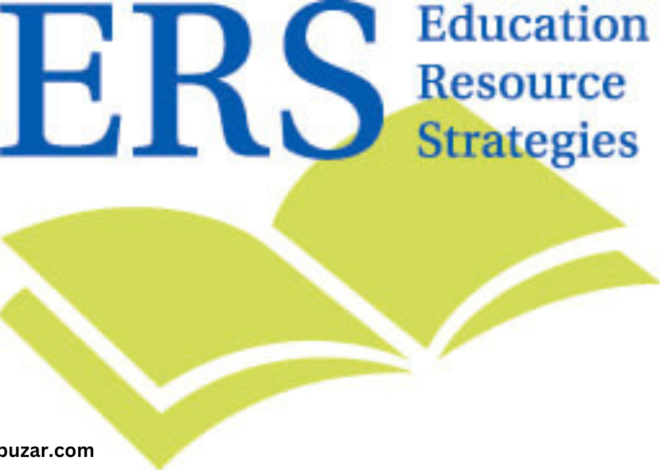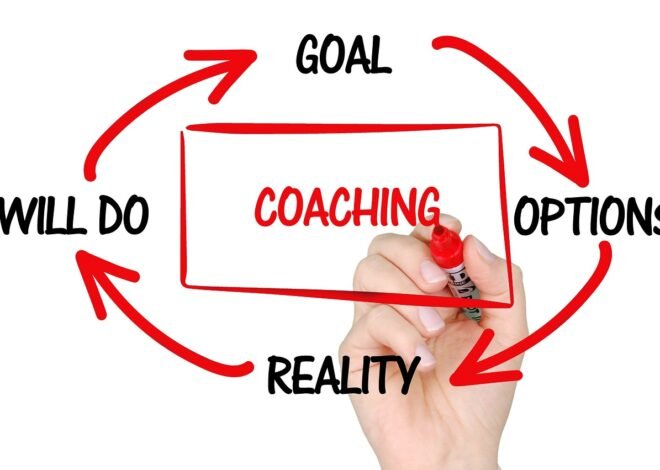
True education
Introduction:
True education goes beyond the acquisition of knowledge; it encompasses the cultivation of a holistic and enlightened individual. It extends beyond the confines of textbooks and exams, aiming to nurture not only intellectual prowess but also moral integrity, critical thinking, and a profound understanding of the world. True education empowers individuals to question, innovate, and contribute meaningfully to society. It is a lifelong journey that fosters curiosity, empathy, and a sense of responsibility. In essence, education transcends the mere transfer of information; it molds individuals into compassionate, discerning, and well-rounded contributors to the global community.
Aspects of true education:
True education encompasses various aspects that go beyond mere academic learning. Here are key aspects of education:
Intellectual Development:
True education focuses on fostering critical thinking, analytical skills, and a deep understanding of various subjects. It encourages curiosity, creativity, and a love for learning.
Emotional Intelligence:
Recognizing and managing emotions is a crucial aspect of education. It involves the development of empathy, self-awareness, and interpersonal skills, contributing to emotional well-being and effective communication.
Social Development:
True education promotes social skills and a sense of community. It emphasizes collaboration, teamwork, and the ability to engage positively with others, preparing individuals for active participation in society.
Physical Well-being:
A holistic approach to education includes attention to physical health and wellness. Encouraging regular exercise, proper nutrition, and healthy lifestyle choices contributes to overall well-being and cognitive functioning.
Moral and Ethical Values:
True education instills a sense of ethics, morality, and social responsibility. It encourages individuals to make ethical decisions, act with integrity, and contribute positively to their communities.
Life Skills:
Practical life skills, such as communication, problem-solving, time management, and financial literacy, are integral aspects of education. These skills are essential for success in various life situations.
Cultural Awareness:
True education promotes an understanding and appreciation of diverse cultures, fostering global citizenship. It encourages tolerance, respect for differences, and the ability to navigate a multicultural world.
Adaptability and Resilience:
Given the dynamic nature of the world, education emphasizes adaptability and resilience. It equips individuals with the ability to cope with challenges, learn from failures, and embrace change.\

Environmental Consciousness:
In an era of increasing environmental concerns, education includes an awareness of ecological issues. It encourages responsible environmental practices and a commitment to sustainability.
Lifelong Learning:
True education instills a passion for continuous learning and personal development. It goes beyond formal schooling and prepares individuals to adapt to evolving knowledge and skills throughout their lives.
Creativity and Innovation:
Nurturing creativity and fostering an innovative mindset are essential aspects of true education. It encourages individuals to think outside the box, solve problems creatively, and contribute to advancements in various fields.
how true education can brig evolution in society:
True education has the potential to bring about positive evolution in society by fostering the development of well-rounded individuals equipped with the skills, values, and mindset needed for positive contributions. Here are ways in which education can contribute to societal evolution:
Critical Thinking and Innovation:
True education encourages critical thinking skills and promotes an innovative mindset. Individuals who are taught to question, analyze, and think creatively contribute to the development and progress of society by introducing new ideas and solutions.
Social Responsibility:
True education instills a sense of social responsibility and ethical conduct. This creates a society where individuals are conscious of their impact on others and the environment, promoting fairness, justice, and sustainability.
Cultural Understanding and Harmony:
Education that emphasizes cultural awareness and appreciation helps build a more tolerant and inclusive society. Individuals who understand and respect diverse perspectives contribute to social harmony and cohesion.
Effective Communication:
True education teaches effective communication skills, fostering understanding and cooperation among individuals. Clear and empathetic communication is essential for resolving conflicts, promoting collaboration, and building strong community bonds.
Empathy and Compassion:
Education that includes emotional intelligence promotes empathy and compassion. Individuals who understand and care about the well-being of others contribute to a more compassionate and supportive society.
Global Citizenship:
True education prepares individuals to be global citizens by fostering an understanding of interconnectedness and interdependence. This global perspective encourages collaboration across borders, leading to the sharing of knowledge and resources for the betterment of humanity.
Lifelong Learning Culture:
Education that instills a love for learning and adaptability creates a culture of lifelong learners. Such a culture is essential for staying abreast of advancements, fostering continuous improvement, and adapting to the evolving needs of society.
Problem-Solving Skills:
True education equips individuals with problem-solving skills. A society with problem-solvers can address complex challenges, make informed decisions, and adapt to changing circumstances more effectively.
Economic Development:
A well-educated populace contributes to economic growth by fostering a skilled workforce, encouraging entrepreneurship, and driving innovation. This, in turn, leads to higher productivity and improved living standards.
Political Awareness and Participation:
True education promotes civic engagement, political awareness, and active participation in the democratic process. Informed citizens are more likely to contribute to the development of just and effective governance.
Environmental Stewardship:
Education that includes environmental consciousness fosters a sense of responsibility towards the planet. Individuals who understand the importance of sustainable practices contribute to efforts aimed at environmental conservation and protection.
In essence, true education plays a pivotal role in shaping individuals who are not only academically proficient but also socially conscious, ethically responsible, and equipped to contribute positively to the evolution and progress of society.
Conclusion :
In essence, true education is not merely about acquiring knowledge but is a transformative journey that encompasses character development, critical thinking, and adaptability. It goes beyond classroom boundaries, fostering a love for learning, creativity, and a sense of responsibility towards the global community. As we embrace the dynamic nature of the 21st century, true education stands as the catalyst for nurturing individuals who are not only well-informed but compassionate, resilient, and ready to contribute positively to the ever-evolving world.
Read Also: Canadian Valley Technology Center



5 thoughts on “True education”